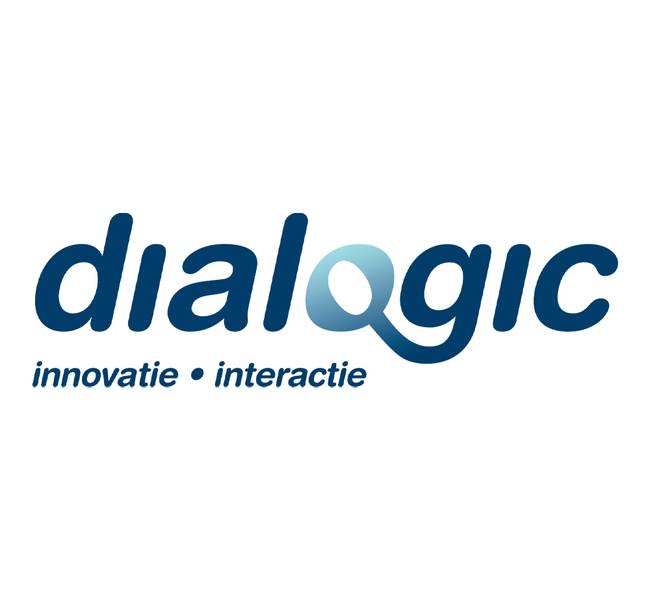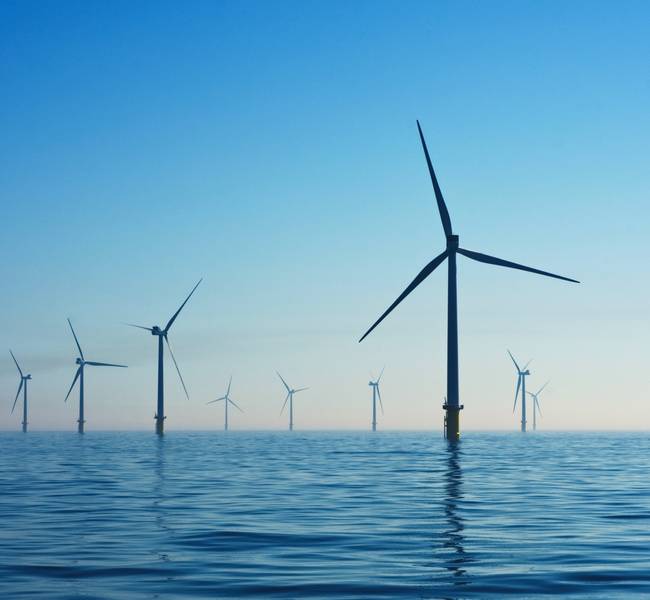An environment that is constantly changing and evolving requires a proactive approach where we don't wait, but actively seek collaboration to make progress through learning and innovation. New knowledge resulting from research and innovation needs to be translated into skills as quickly as possible to be applied directly in practice. We need everyone on board to achieve this. Knowledge institutions, education, and businesses - it's all hands on deck!
An integrated approach
The Topsector Energie operates from a mission-driven innovation policy, and as part of the Human Capital Agenda we contribute to this mission. We see it as our task to promote an integrated approach to the challenges because without people, there is no innovation. We facilitate companies and organizations in creating stability that also enables them to be responsive and open to change, implementing solutions quickly. We do this together with partners and using various tools.
Learning Communities
The concept of Learning Communities was developed by the Topsectoren in 2016 as a thinking model to optimize the connection between learning, working, innovating, and researching in public-private partnerships. With Learning Communities, the Topsectoren further emphasize the integration of innovation policy with the human capital approach. Learning Communities form the concept for close collaboration between the business sector, education, and research, balancing social and technological innovation. For a detailed description and explanation of Learning Communities, click here.
Together with the Dutch Topsectoren and NWO (Netherlands Organization for Scientific Research), we have conducted extensive research in recent years on the Learning Community approach and how to implement it in practice. The timeline is as follows.
2017: Advisory research program on Learning Communities
2019: Experimental calls for research on Learning Communities (universities and universities of applied sciences)
2020: Establishment of knowledge network (involving vocational education) (from universities of applied sciences)
2020: Learning Communities as innovation accelerators (universities and universities of applied sciences)
2021: First allocation of significant budgets to HCA (Human Capital Agenda) with Learning Communities as the central theme (universities of applied sciences as the largest partner, vocational education)
2022: SPRONG Social Value Creation through Human Capital Innovation (universities of applied sciences)
2022: Upscaling Gas Erop! (Universities of applied sciences with Tilburg University and ROC Twente). Originating from experimental calls, more SMEs involved through MKB!dee investment (universities of applied sciences)
2022: HR Handbook 2.0 (universities of applied sciences contributions)
2023: Master's program in Human Capital Innovation (universities of applied sciences)
2023: New NWO call for research on Learning Communities (universities and universities of applied sciences)
Action Scan
In 2022, an "Action Scan Learning Communities" was conducted, resulting in a number of recommendations for the future profiling of Fieldlab Zephyros. Fieldlab Zephyros has been very successful with the AIRTuB project. This project demonstrates that Zephyros' activities contribute to the development of knowledge, skills, and workforce entry in a market that demands innovation and specific skills. AIRTuB embodies all the characteristics of a Learning Community, with nationwide reach and impact, generating valuable knowledge. Considering the market's appreciation of Zephyros as an initiator and facilitator of such projects, there are compelling reasons to heavily invest in the development of similar projects (in terms of structure). Click here for more information about the Action Scan and to download the report.
Enhancing Learning Capacity
Simultaneously in 2022, Dialogic conducted research on possibilities to enhance the learning capacity of Learning Communities. The Topsector Energie commissioned this research to further strengthen and expand the development and impact of Learning Communities. This includes providing knowledge, methods, and tools from the national Learning Communities network and the various Learning Communities within the Topsector Energie. These knowledge, methods, and tools serve as aids to address issues that have emerged from this research. The underlying question of this research, in the context of the current energy transition and the associated climate policy goals, was: How can we develop a sustainable and affordable energy system with optimal utilization of Learning Communities? Continue reading and download the Dialogic report here.
In early 2023, a publication was released providing an interim report on community building around Learning Communities and the contributions made by NWO, Regieorgaan SIA, and the Human Capital Topsectoren. View the report here.
Webbers
One of the communities that emerged from the Learning Community concept is the Webbers. Webbers are professionals who organize the energy transition in a new way, based on collaboration, learning, and innovation. They break with traditional approaches. Read more about the Webbers here.
Learning Communities Handbook
After all the results from research and explorations, The Topsector Energie recognized the need to document all the tools and steps required to establish a Learning Community in a handbook. The handbook is not a static document but a dynamic platform that is kept relevant and up to date by the ecosystem. Katapult is currently working on realizing this handbook.
Digital Learning
ECBO (Expertise Center for Vocational Education and Training) conducted a research project on behalf of the Rijksdienst voor Ondernemend Nederland (RVO) and the Topsector Energy, exploring the role of digitally supported learning as an accelerator for knowledge utilization in the energy transition. The goal of the research was to develop a shared and endorsed vision and approach to digitally supported learning. The outcomes should be broadly applicable for research and innovation using digitally supported learning by companies, regional training centers, and universities of applied sciences within Learning Communities. Read more here.



